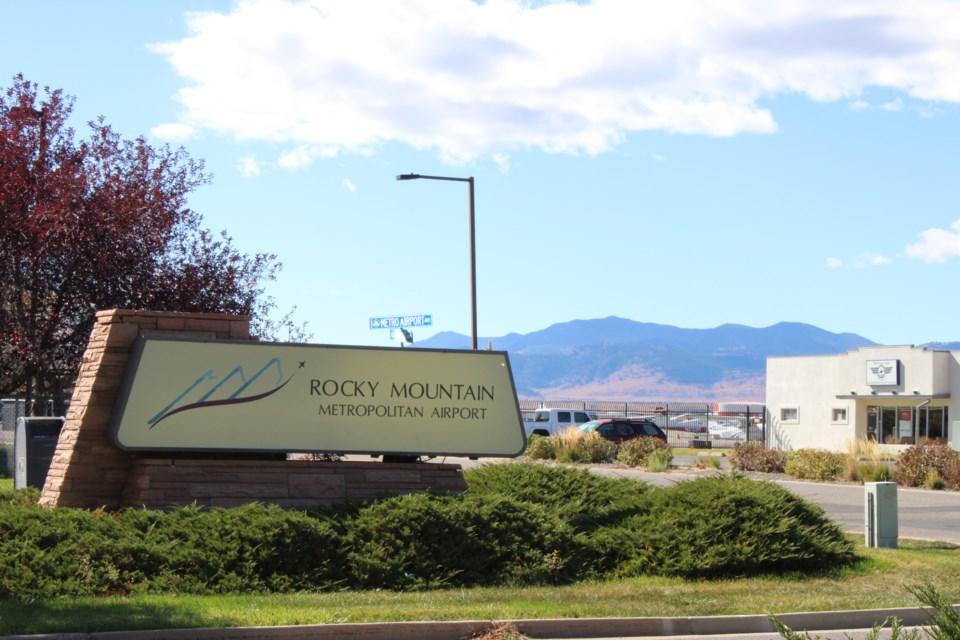Boulder County and the town of Superior filed a lawsuit against Jefferson County and the Rocky Mountain Metro Airport on Tuesday. According to a news release from the Boulder County Commissioners, Superior and Boulder County have exhausted all informal options available and feel they are forced to seek action through the courts.
The complaints against RMMA and Jefferson County include abating the public nuisance caused by piston-engine aircraft performing “touch-and-go” operations.
Touch-and-go operations are when an airplane lands and takes off again without coming to a full stop. These operations are typically conducted during training flights which can include several touch-and-gos in a session.
“Due to the configuration of the Airport, most of the touch-and-go operations result in piston-engine aircraft flying at full power, low, slow, and loud directly over the Town and Boulder County,” according to a news release from the county.
RMMA is home to four flight schools that use or lease approximately 60 airplanes, nearly all of which are piston-engine training aircraft. Another complaint is that this type of aircraft uses lead fuel. The airport reported in its 2023 Adopted Budget that it estimated selling 5.5 million gallons of fuel in 2023.
The Centers for Disease Control and Prevention concluded that there is not a safe level of lead in blood. The Federal Aviation Administration, or FAA, set a goal to eliminate leaded fuels in airports by 2030. RMMA’s former airport director committed to achieving this goal by 2027. It is unknown if the current airport director has kept this goal.
Operations at the airport have increased over the years. In 2019, the airport reported 191,533 operations. By 2023, operations increased to 281,806, or by 47%, according to the court documents. The airport predicts a 7% year-over-year increase in operations and has petitioned the FAA, to build a new taxiway and additional hangers. The infrastructure additions could mean an additional 34,944 operations a year, according to the court documents.
RMMA is located in Jefferson County, however, the runways are positioned so that when planes take off from the airport’s two main runways, they fly over the town of Superior and parts of Boulder County.
Noise pollution is another concern outlined in the lawsuit. The town of Superior claimed in a recent study that residents were exposed to overflight noise 100 times higher than the town’s ambient noise.
In the summer, operations increase and can include at least one operation every two minutes.
“Due to the constant impacts of these operations, residents cannot open their windows, cannot use outdoor spaces, and cannot sleep without interruption,” the news release from the county states.
RMMA began holding monthly Community Noise Roundtable meetings in Jan. 2021 “to provide for and promote a regional, coordinated approach to collaborate on and address the noise impacts to the community surrounding the Rocky Mountain Metropolitan Airport” and to consider “operational changes … for associated noise impacts,” according to the court document.
“For years, we have asked Superior residents to be patient while we worked with Jefferson County to address the noise and lead pollution coming from RMMA. But now we know that Jefferson County did not take this issue seriously and went so far as to mock our residents’ legitimate concerns. Our residents have had enough. Jefferson County knows there is a problem and they could solve it immediately by eliminating touch-and-go operations by piston-engine aircraft. If Jefferson County won’t abate this nuisance voluntarily, we’ll have the Courts require it,” said Mark Lacis, mayor of the town of Superior.



